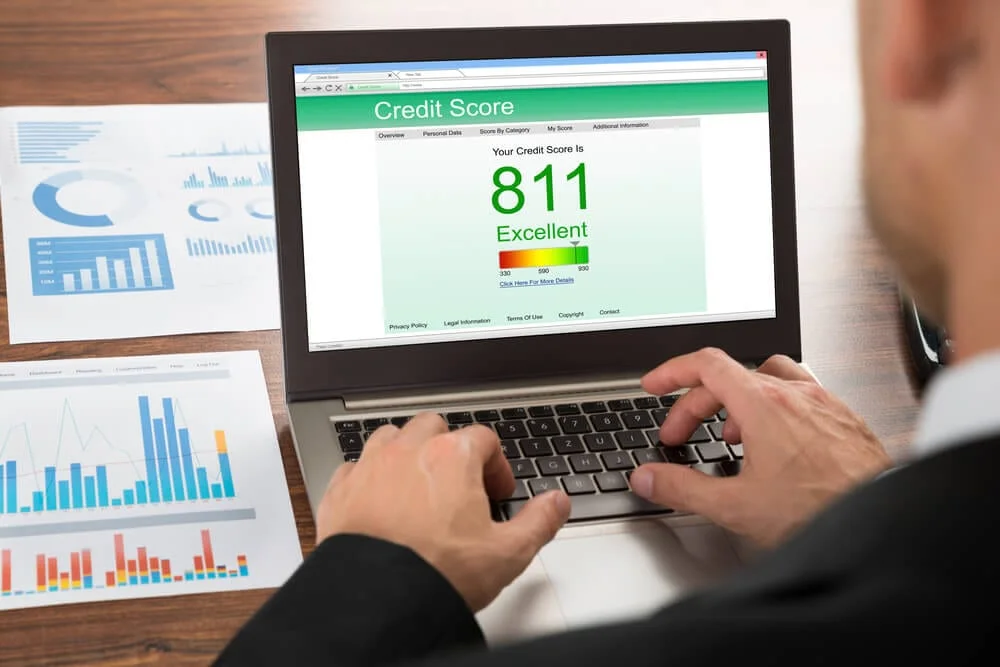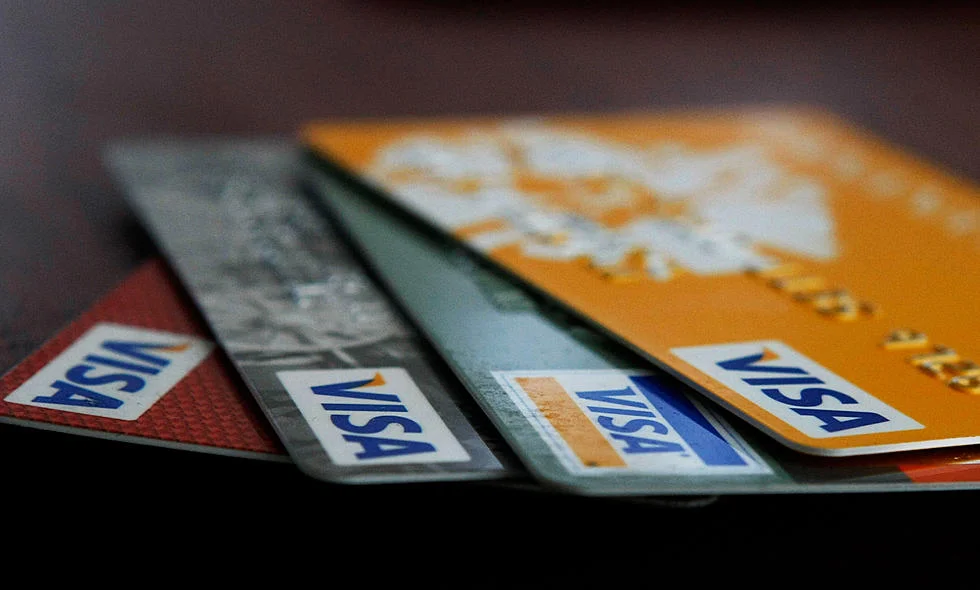How you can improve your credit score to qualify for a lower APR? Keeping an eye on your credit score is crucial because it reflects your financial stability. It gives lenders a quick idea of how well you handle credit. The better your credit score, the easier it will be to get new loans or credit lines. Having a good credit score can also help you get the best interest rates when you borrow money.
You can do several quick and easy things to improve your credit score. Even though it might take a few months for your credit score to increase, you can start working on it in just a few hours.
Why is it important to have a good score?
Credit scores show how well you can handle debt. Lenders will see you as more responsible the higher your score is. The FICO model, for example, says that a credit score of 850 is a perfect score.
What do you get if you have a high credit score? Better loan terms and easier approval are the simplest answers. Most people will save hundreds of thousands of dollars throughout their lives if they have a good or great credit score. People with good credit get better rates on mortgages, car loans, and anything else that involves borrowing money.
People with better credit scores are seen as lower-risk borrowers, so more banks will compete for their business by giving them better rates, fees, and perks. On the other hand, people with bad credit are seen as higher-risk borrowers, so fewer lenders are competing for them, and more businesses can get away with charging high annual percentage rates (APRs).
A bad credit score can also make it hard for you to rent an apartment, rent a car, or even get life insurance. This is because your credit score affects your insurance score.
Credit Card Apr And Credit Scores
The APR on a credit card has a lot to do with your credit score. Here’s how credit scores and annual percentage rates work together:
- Credit scores are used to figure out if someone is creditworthy. Credit scores are based on several things, like how well they pay their bills, how much credit they use, and what kinds of credit they have. The range of credit scores is from 300 to 850, with higher scores showing less risk to lenders. Credit card issuers look at a borrower’s credit score to figure out how risky it is to lend them money and what APR they will offer.
- Your credit score may make you eligible for lower APRs. Lenders usually offer lower APRs to people with higher credit scores because they are considered less risky. You can get a credit card with a lower APR if you have a good credit score. This can save you money on interest charges.
- APRs may be higher for people with lower credit scores. Lenders see people with lower credit scores as more of a risk so that they may offer them higher APRs on their credit cards. If your credit score is low, you might have to pay a higher APR on your credit card, making it more expensive to borrow money.
- The APR on your credit card can affect your credit score. One thing that goes into figuring out your credit score is how much of your available credit you are using compared to your credit limit. Your credit score can decrease if you have a high credit card balance compared to your credit limit. Paying off your credit card balance in full every month allows you to keep your credit utilization low and improve your credit score.
By knowing how your credit score and annual percentage rate (APR) are related, you can make smart financial decisions and improve your credit score over time. You need to be responsible with your credit if you want the best credit card offers and save money on interest fees.
How Credit Scores Are Calculated?
Credit scores are based on several things, like how well you pay your bills, how much credit you use, and what kinds of credit you have. Here’s an explanation of how credit scores are made:
- Your payment history. This is the most important part of your credit score, making up 35%. It depends on how well you’ve paid your loans, credit card bills, and other debts on time. Late payments, being in collections, and going bankrupt can all hurt your payment history and lower your credit score.
- Credit utilization: This is how much of your credit you use compared to your credit limit. It makes up 30% of your credit score. For example, your credit utilization is 50% if you have a $10,000 credit limit and a $5,000 balance. High credit utilization can hurt your credit score because it tells lenders you might be using credit too much.
- The length of your credit history. The length of your credit history is 15% of your credit score and refers to how long you’ve been using credit. Your credit score goes up the longer you have been using credit.
- Credit mix: These are the different kinds of credit you have, like credit cards, loans, and mortgages. It makes up 10% of your credit score. Your credit score can go up if you use different kinds of credit. This shows lenders that you can handle different kinds of credit responsibly.
- New credit: The number of new credit accounts you’ve opened in the past few months affects 10% of your credit score. Opening too many new credit accounts in a short time can hurt your credit score because lenders may think you are taking on too much debt.
If you know how your credit score is calculated, you can make smart financial decisions and raise them over time. To keep a good credit score, taking care of your credit responsibly is important.
How You Can Improve Your Credit Score To Qualify For A Lower APR?
If you want to get a credit card with a lower APR, there are a few things you can do to improve your credit score:
- Pay your bills on time. Your payment history is the most important part of your credit score, so paying your bills on time is important. This includes loans, credit card bills, and other types of debt. If you pay your bills late, it can hurt your credit score in a big way.
- Keep your credit utilization low. Another important part of figuring out your credit score is how much credit you use compared to your credit limit. To improve your credit score, you should use as little of your credit as possible, ideally less than 30%.
- Only open a few new credit accounts. New credit accounts can hurt your credit score, especially if you open many quickly. To improve your credit score, choose the accounts you open carefully and try to open only a few at a time.
- Use credit wisely: It’s important to use credit wisely if you want to improve your credit score. This means paying your bills on time, not carrying a lot of debt, and not trying to get too much credit.
- Check your credit report often. Your credit report has a lot of information about your credit history, like if you’ve missed payments or had debts taken from you. By checking your credit report often, you can find any mistakes or bad things that could hurt your score and take steps to fix them.
Doing these things can raise your credit score and get a credit card with a lower APR. To get a good credit score, you must be proactive and take care of your credit correctly.






